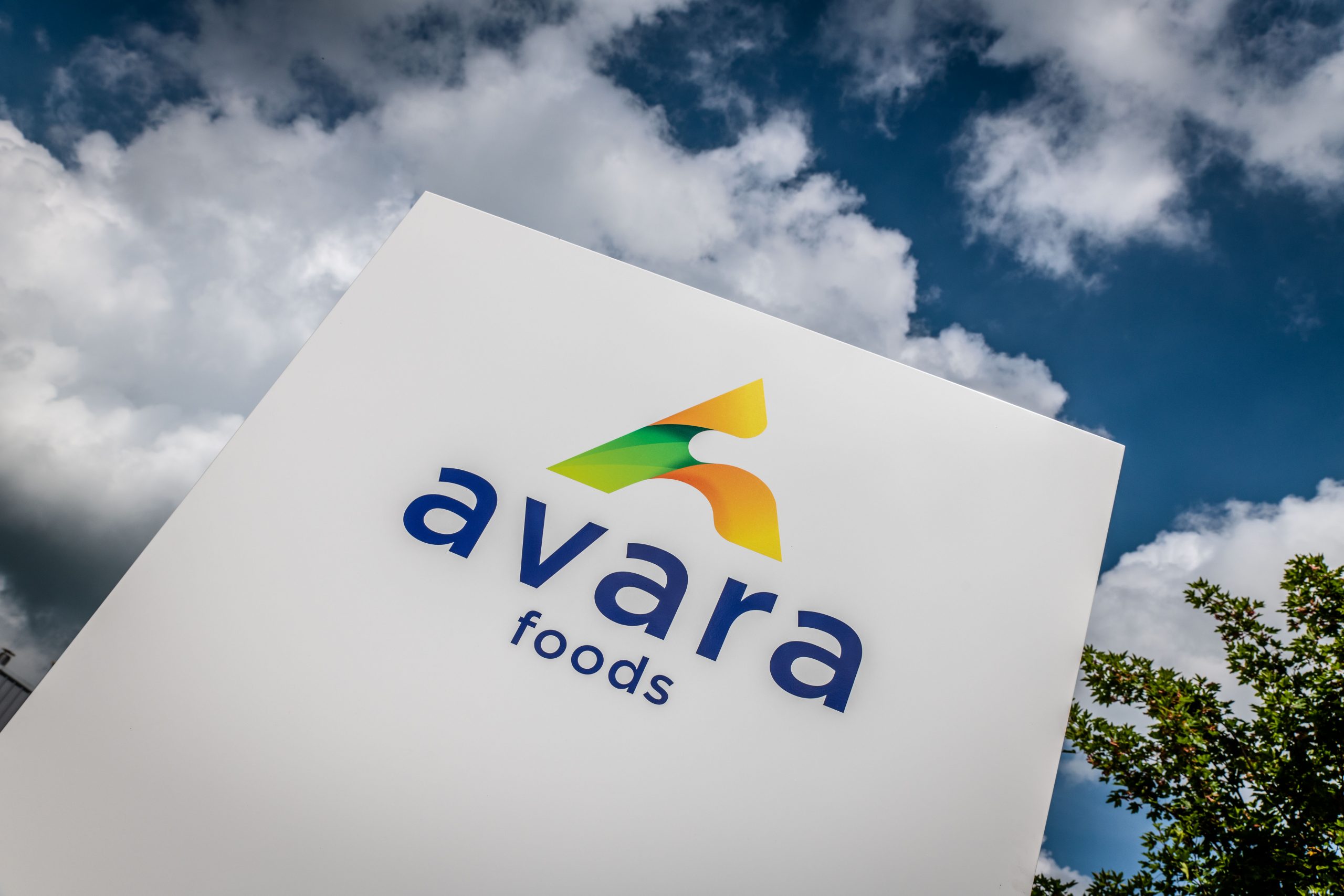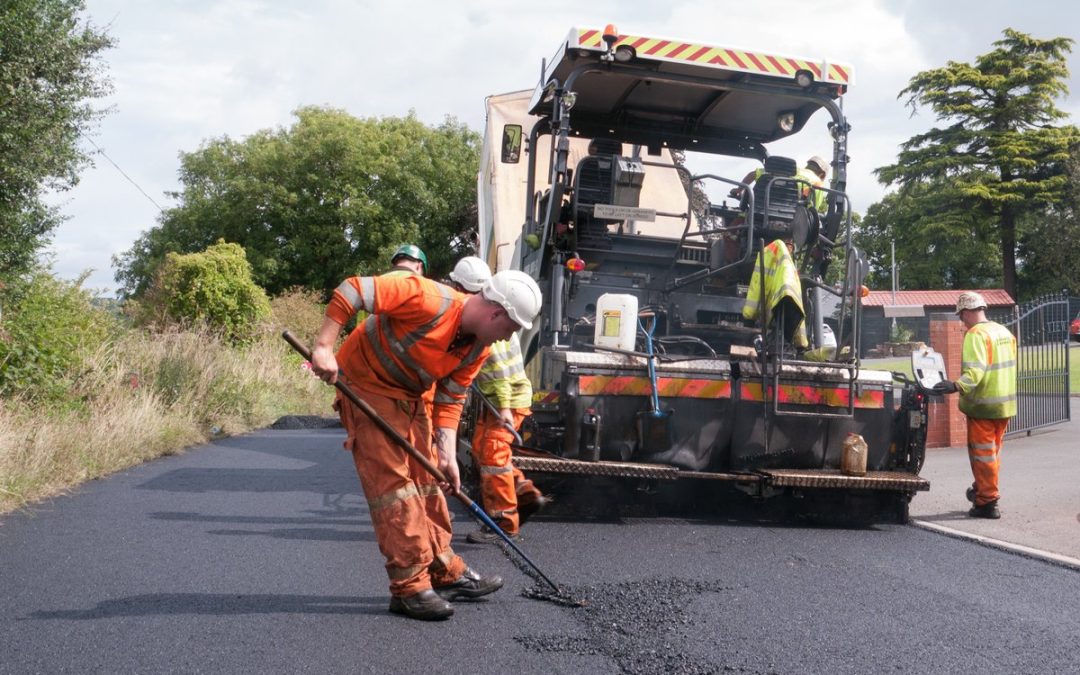Avara Foods, a leading UK food manufacturer and one of the largest employers in Herefordshire, has formally committed to achieve science-based targets for carbon emissions, as part of its wider ambition of achieving NetZero by 2040.
Avara’s targets cover all aspects of its operations and supply chain. While direct emissions from its own operations (Scopes 1 and 2) are under closer control, the greater opportunity is to drive reductions in its up and down-stream supply chain (Scope 3), which accounts for 95% of Avara’s carbon footprint, inpartnership with suppliers and customers.
The target for Scopes 1 and 2 are in line with efforts to limit warming to 1.5 degrees, which equates to an absolute reduction for Avara of 46% by 2030. The Scope 3 target is aligned with efforts to limit warming to well below 2 degrees, requiring an absolute reduction of 28% by 2030. Both targets are set against 2019 as the start point for comparison. The Science Based Targets initiative (SBTi) has approved Avara’stargets, and will be confirming this at the end of October.
“Setting science-based targets is really important to us, because any commitment to NetZero feels empty without them,” explains Andrew Brodie, People and Communications Director at Avara. “Adopting and pursuing robust, science-led targets, not only makes our intention clear, it gives us a clear line of sight to our goal and helps others hold us to account.”
In the short term, Avara will focus on reducing itsfootprint through decarbonisation across its operations, while recycling and capture technologies, which are outside their control, develop for use in the longer term. In this regard Avara already has an enviable track record, having achieved a 56% reduction in Scope 1 and 2 carbon emissions between 2015 and 2020, and completed an analysis of its wider supply chain, what has enabled it to set ambitious Scope 3 targets.
Actions are already underway to meet these ambitious targets, focusing on investment in new technology and automation to drive productivity and improve energy efficiency. ISO14001 and ISO50001 are also in place across the business and these will help sustain continuous improvement activities, which contribute to emission reduction targets. Across the wider supply chain it is a partnership approach that will drive change, and Avara are already working closely with key suppliers and customers to make a meaningful difference. New packaging, launched with retailers earlier this year, has reduced plastic by around 50% across a wide range of products, with potential to extend it further.
“Mapping our Scope 3 emissions has been a huge piece of work but absolutely vital. Science and data are at the heart of our carbon reduction plans, because without comprehensive data – which we continue to refine – how can you be sure you’re making a difference?” said Emily Phelps, Sustainability Lead.
Avara’s commitment to science-based targets is part of a broader responsible business agenda, recently re-branded as ‘For Good’. Covering its commitments to its people, animals, consumers and communities, as well as the planet, ‘For Good’ is a new way of explaining how Avara conducts business. Andy Dawkins, CEO at Avara, explains the thinking behind the change, “For us, being a responsible, sustainable business is at the heart of what we do – it’s part of being a good business, not additional to what we do. It is implicit within our values, and something that the whole team at Avara expect us to live and breathe. This brand helps us explain what’s important to us, how various issues interact with each other, and reminds everyone that this is a permanent fixture in our business.”
More information about For Good, and Avara’sprogress over the last year, will be available in its 3rdannual Responsible Business Report, due in November.



